'These items are more fragile, irreplaceable, and meaningful than everyday possessions' – storage experts warn that this is the one thing you should never keep in a storage unit
Protect your most precious belongings by doing this instead


Storage units are an absolute must for moving house or downsizing, but there's one thing that experts warn should never be stashed in them – sentimental items.
But why, exactly? Well, the long and short of it is that these items are just that, sentimental, and therefore tend to be irreplaceable. And, while storage units are more often than not safe and secure, threats like burglaries and fires are still present.
Here, storage experts and professional organizers share their advice on swerving this common storage mistake.
Why you shouldn't store sentimental items in storage units
As Max Wilson, co-founder and leading expert in home organization at Pocket Storage, says, 'Storage facilities are brilliant for seasonal items, bulky furniture, and things you don’t need every day, but sentimental belongings fall into a very different category.'
He explains, 'The risk isn’t that facilities aren’t safe; it’s that these items are often more fragile, more irreplaceable, and more meaningful than everyday possessions.'
Maria Gatea from Storagecafe.com agrees, adding, 'Sentimental items matter to all of us because they remind us of people we love, special milestones and meaningful moments.
‘Some of these belongings have only emotional value: old letters, souvenirs from a favorite trip, or a child’s first sports jersey. Others carry both emotional and financial worth, such as heirloom jewelry, artwork, fine china, or antique furniture.'
Design expertise in your inbox – from inspiring decorating ideas and beautiful celebrity homes to practical gardening advice and shopping round-ups.
So, what are the risks? 'Fluctuating temperatures can affect old photographs or fabrics, and long periods boxed away can leave items vulnerable to damp, dust, or pests,' warns Max. Mold and mildew also pose significant risks and issues, too.
Although Max highlights that yes, these issues are rare, that's not to say that they're non-existent, particularly if your sentimental belongings can be counted among the items you're storing in the wrong place.
Indeed, according to Surewise, insurance specialists who specialize in storage units, there are plenty of personal valuables you should never store in self storage, like important documents, jewelry, and cash, whether you buy insurance or not, owing to threats of theft, fire, flood, pests, and more. Additionally, as they've found, while self-storage insurance is often mandatory, people may be deterred by the fact that in-house cover can come at a significantly high price, leaving sentimental, precious items at risk.
As Max continues, 'The emotional cost of damage to a treasured heirloom or family photo album is far greater than with standard household items.'
Additionally, 'There’s also a psychological factor,' he adds. 'Once sentimental items are out of sight, they’re usually out of mind. Years can pass before you revisit them, by which point you may feel regret for having stored something so important away rather than keeping it close.
'Storage works best as a practical solution – sentimental items deserve a different kind of care, whether that’s displaying them at home, digitising fragile keepsakes, or keeping them in protective, climate-appropriate conditions where you live.'
How to store these items instead
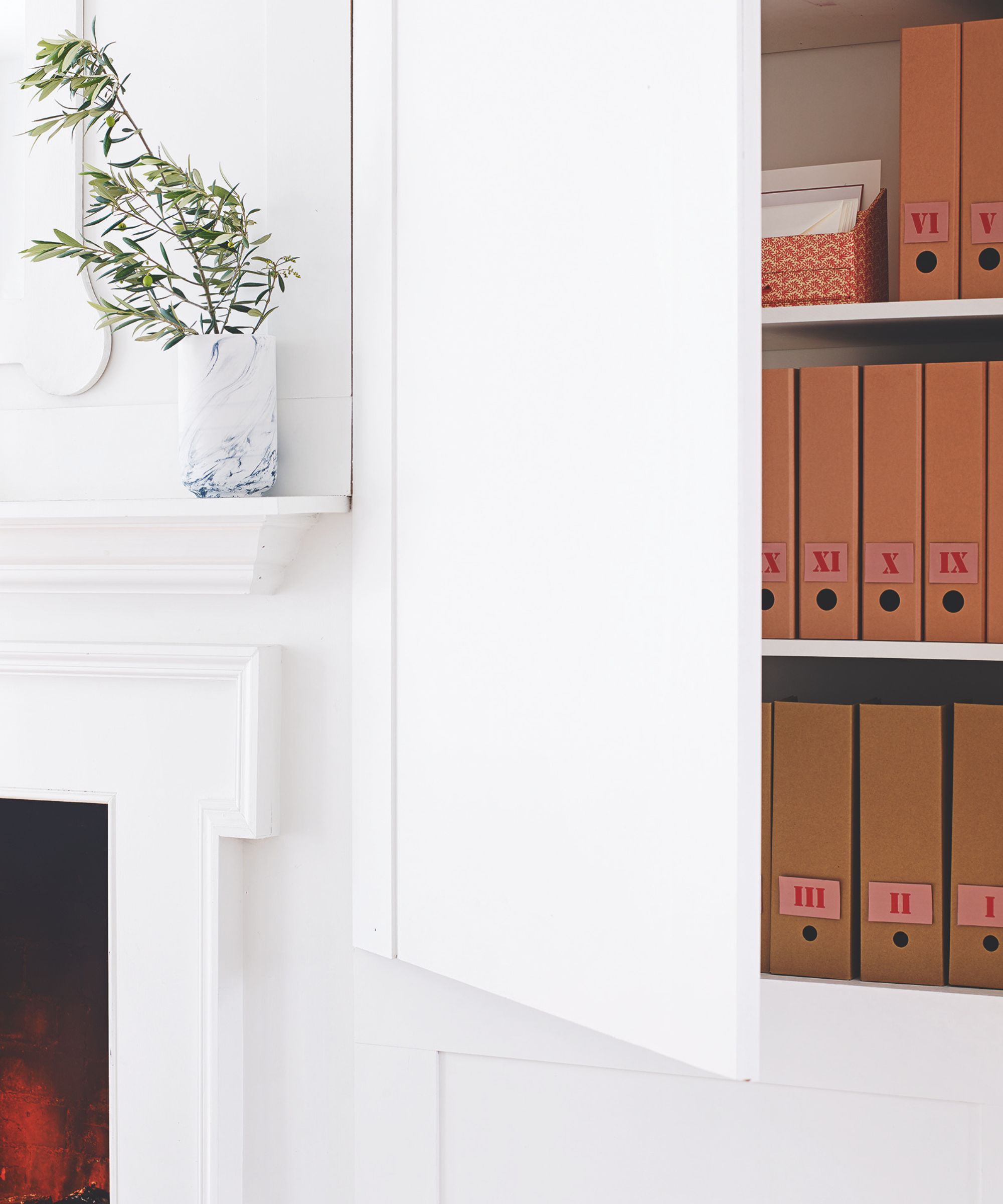
Storing important documents at home is far better recommended
So, how should these items be stored instead?
'For the items that are purely sentimental, the challenge is that they can easily pile up and turn into clutter,' warns Maria. 'A helpful way forward is to separate the memory from the object and preserve it in a smaller, more meaningful way.
'You might frame a single jersey instead of keeping a whole box of them, create a scrapbook [with the Bstorify Scrapbook Album available at Amazon] or collage, or even scan photos and letters so you can keep them as digital memories to revisit and share. This way, you keep the meaning without being overwhelmed by stuff.'
For items with monetary value, adds Maria, the focus shifts to protecting them properly. 'If you're not sure what they're worth, it's a good idea to have them evaluated by experts, whether that's jewelry, antiques, or art,' she advises. 'This way, you'll know their real value and can make sure you have insurance that actually covers them, rather than assuming a standard policy will.
'These are the types of belongings that shouldn’t be tucked away in attics, basements, or garages where humidity, pests, or temperature swings can cause damage. Ideally, they should have a safe place in your home where they can be both protected and enjoyed.
'One way to make space for sentimental items is to move replaceable things, like holiday decorations, sports gear, or tools, into a storage unit instead,' which aren't as precious or irreplaceable.
Really, though, says Devon Fegen-Herdman, professional organizer and owner of Declutter with Devon, if you have sentimental items that you love, and that bring you joy, you should consider putting them out on display, and or using them.
'Each time you look at the item or use it, it will bring you joy as you remember the person who gave it to you or the event where you first used it,' she explains. 'Grandma's china set? Why not keep out a teacup for your morning tea or coffee? Mom's quilt, why not lay it out in the guest room so you can see it as you walk by?'
For paper-based memories, though, continues Max, these items deserve proper preservation. 'Digitisation is one of the safest ways to preserve them,' he says, so long as you make sure to employ some digital decluttering methods from time to time.
And, if you do choose external storage, he adds, treat it as a short-term or supplementary solution only.
'Make sure those items are fully insured, packed in archival-quality materials, and checked on regularly. That way, you get the benefits of storage while still ensuring your most meaningful belongings are properly cared for.'
What to shop
All prices were correct at the time of publication.
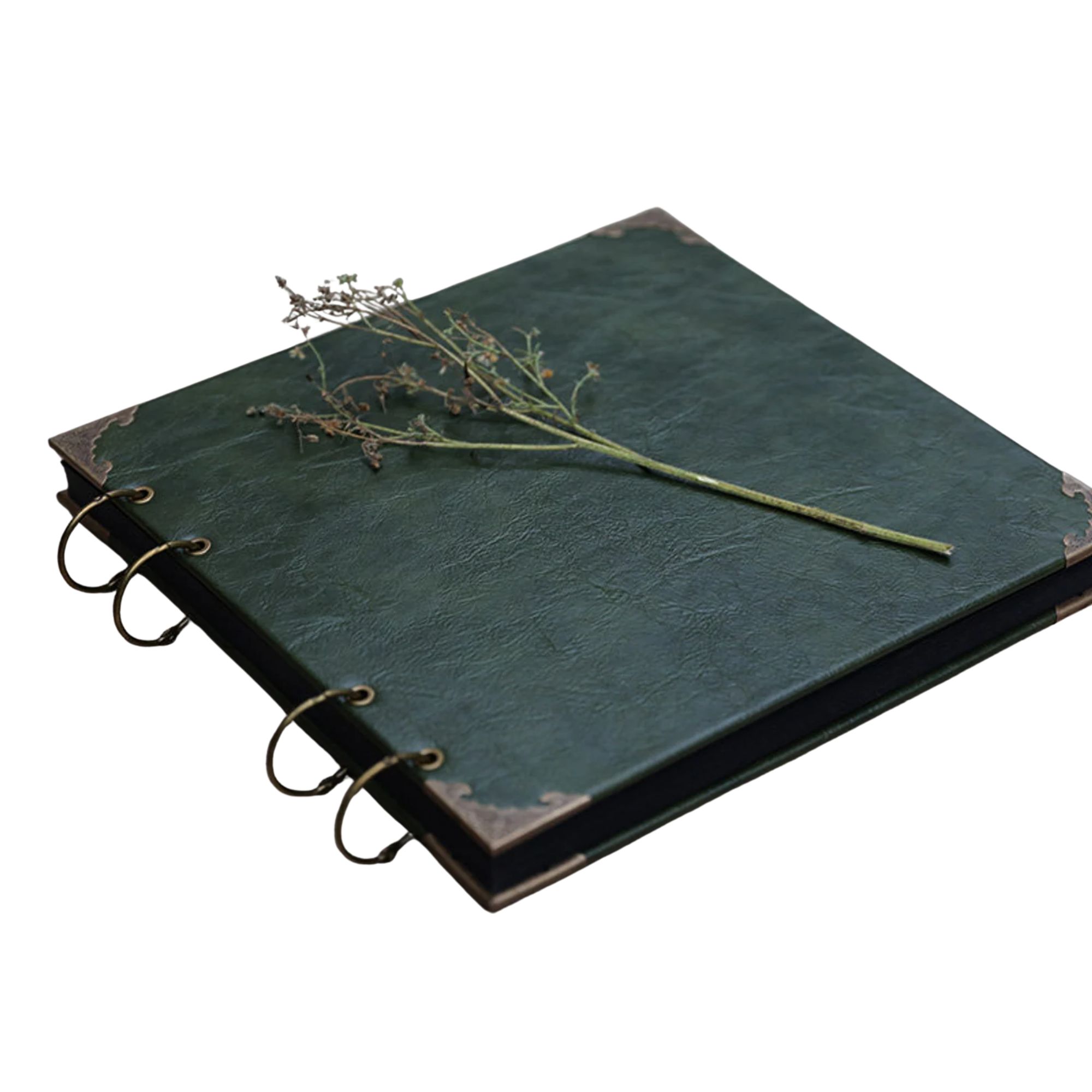
Create your own custom, engraved scrapbook for preserving any photographs and other memories in one curated space.
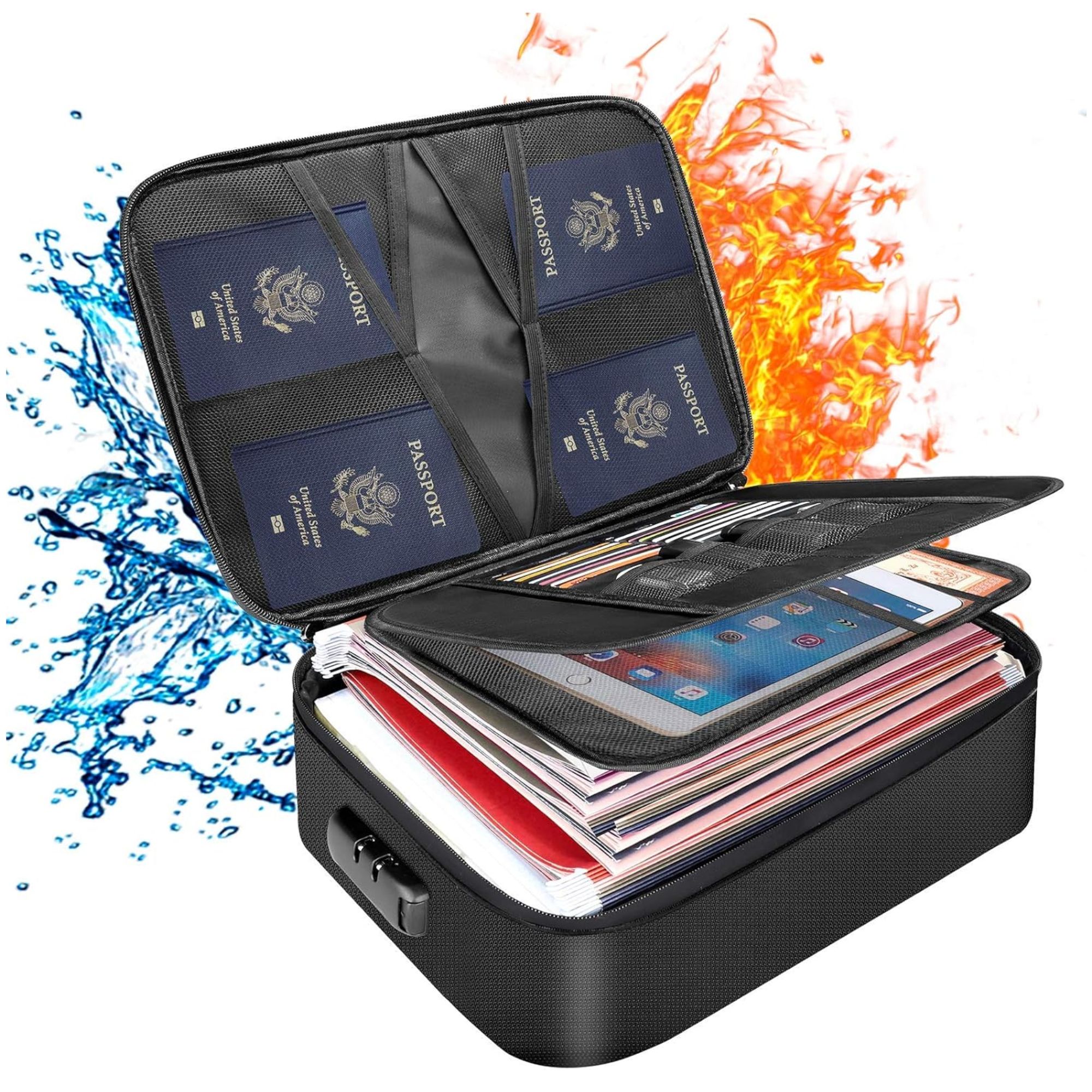
While this bag won't protect any important documents in your storage unit from being stolen, it will protect them from any fires or floods. It's also great for using in your basement or attic at home, too.
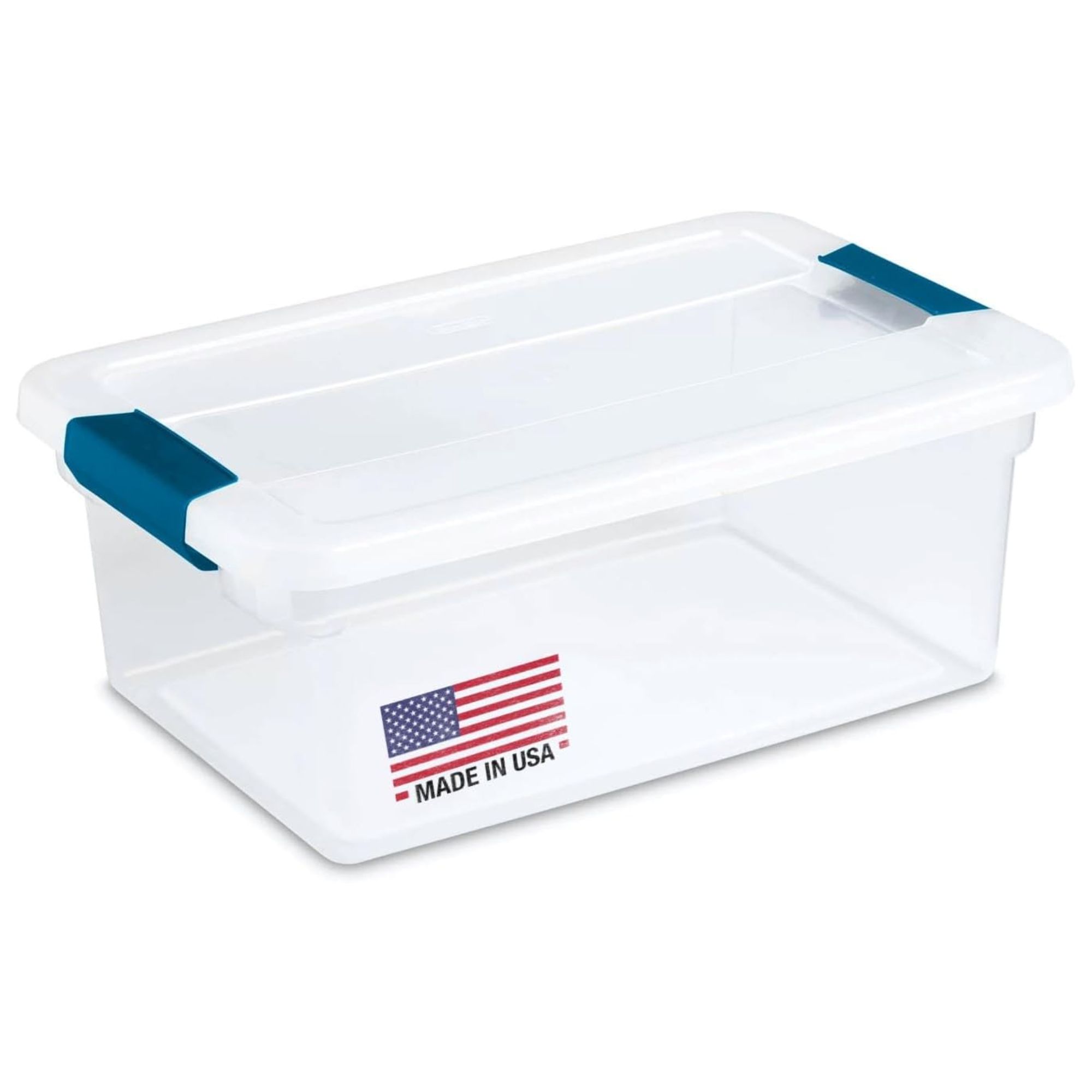
'If you must store sentimental items, I would encourage using plastic totes over paper boxes,' says Devon. 'While I don't love plastic due to its impact on the environment, it is often built to withstand water and rodents.'
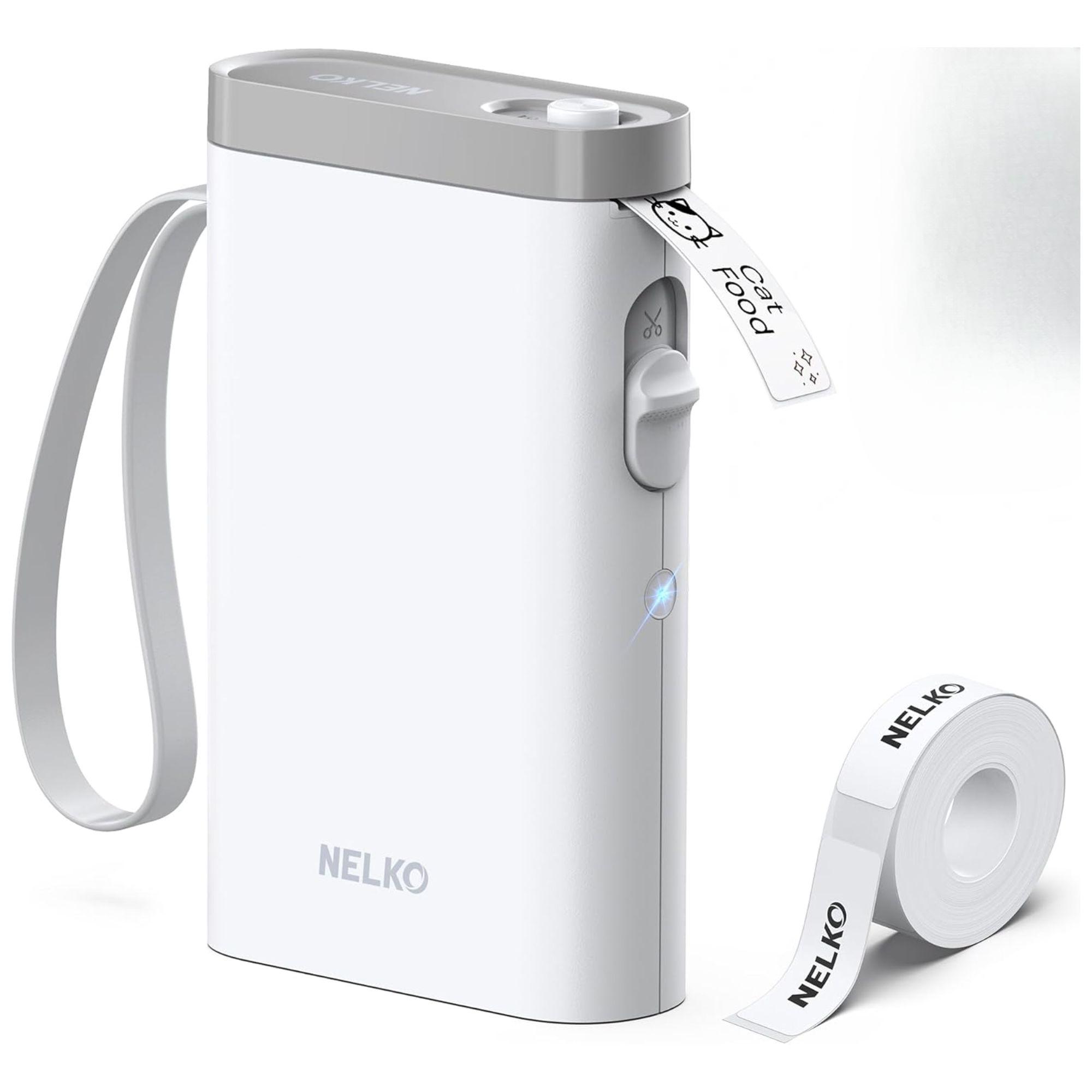
'Label the outside of storage bins so you know what's in there,' advises Devon. 'There's nothing worse than a sea of cardboard boxes or solid storage bins, and you have no idea what's in each of them.' This label maker is portable, compact and convenient to use.
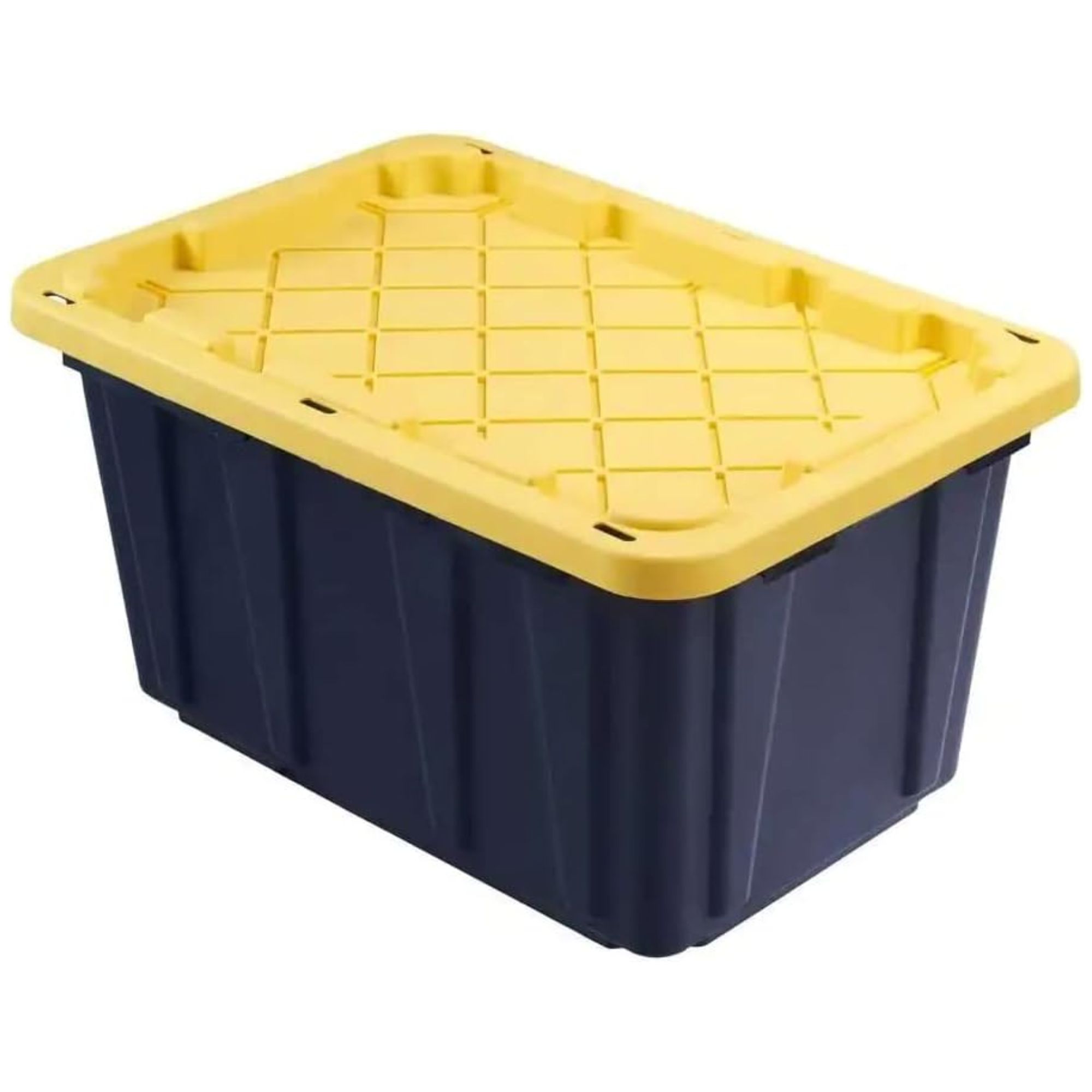
'If you prefer less visual clutter, I recommend the popular black totes with yellow lids,' says Devon. 'These are extremely affordable and available at the large hardware stores.'
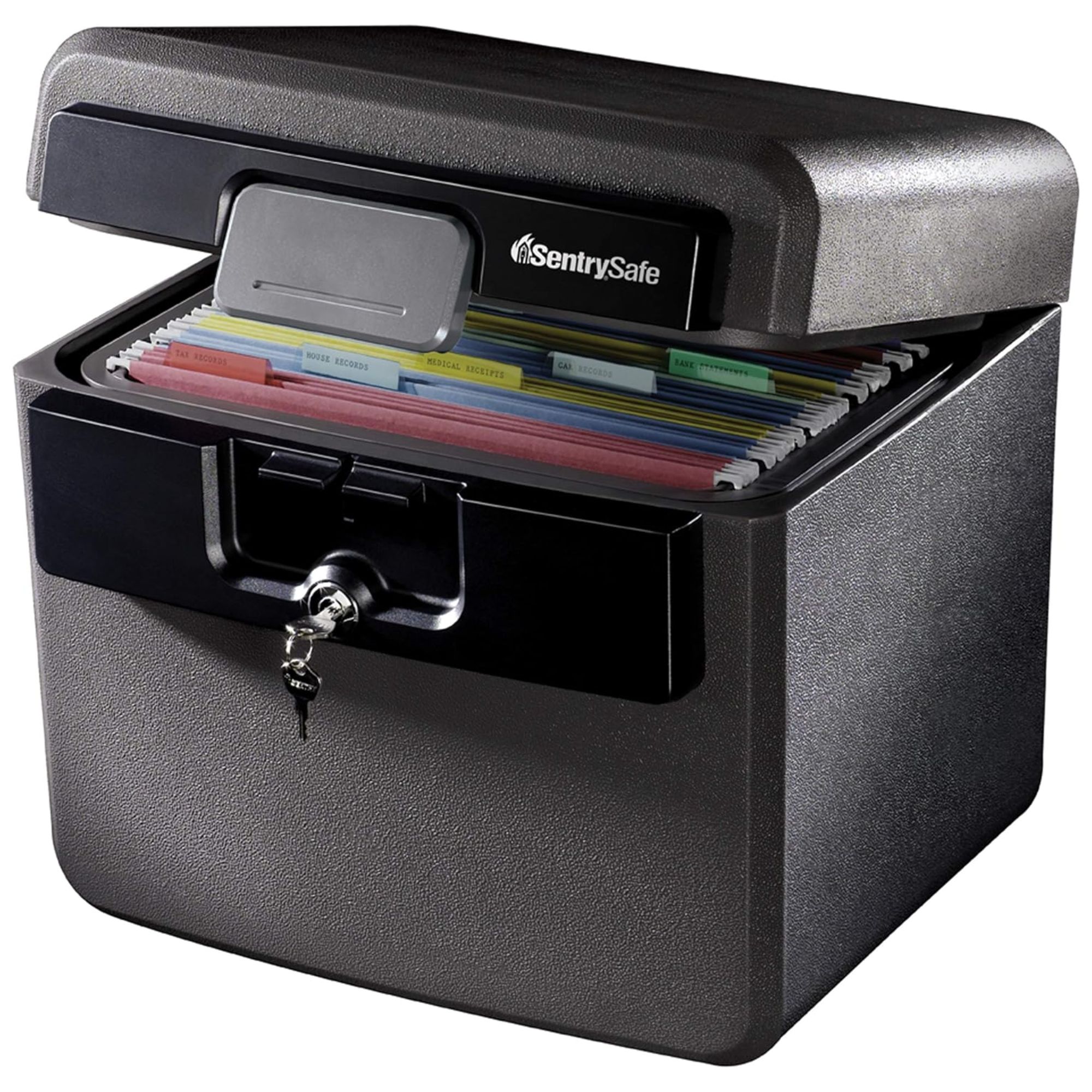
Keep this document box at home, filled with any important files you can't afford to lose, and any photographs you're yet to digitize, which will protect them from fading and damage.
Meet our experts

Devon is a professional organizer based in Cleveland, Ohio with her own small business, Declutter with Devon. She recently gave a presentation on decluttering and organizing your home and workspace at American Greetings corporate headquarters, and has been working with clients for the past decade.

Maria is a consumer storage expert and lifestyle editor at StorageCafe, a self-storage marketplace providing nationwide listings. She specializes in home organizing and storage trends, offering insights on how people can best manage their space both at home and through self storage.

Max specialises in helping people make smarter decisions about what to keep, what to let go of, and how to store belongings safely and effectively. He regularly advises clients on decluttering strategies and storage solutions that protect what matters most, while preventing homes from becoming overwhelmed with excess.
Learning how to organize a small house with no storage is one of the best ways to make the most of your space.

Ottilie joined Homes & Gardens in 2024 as the News Writer on Solved, after finishing a Master's in Magazine Journalism at City, University of London. Now, as the Sleep Editor, she spends her days hunting deals and producing content on all things sleep – from mattresses and sheets to protectors and pillows, all of which she tests in her own home. She also has particular expertise in home fragrance, covering everything from candles to reed diffusers.
Previously, she has written for Livingetc and Motorsport Magazine, and also has a Master's degree in English Literature and History of Art from the University of Edinburgh, where she developed a love for inspiring interiors and architecture.